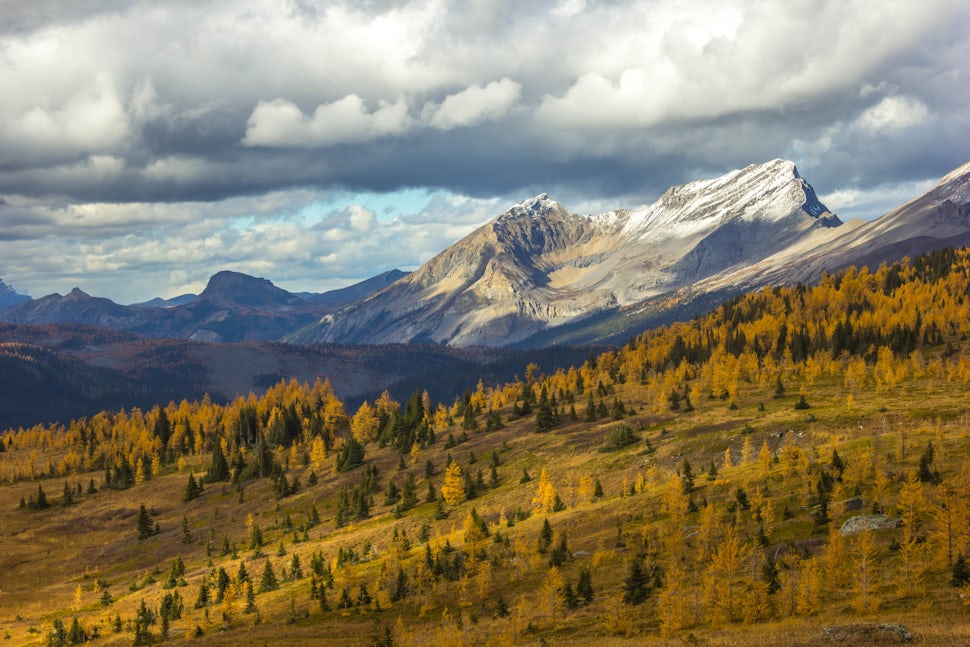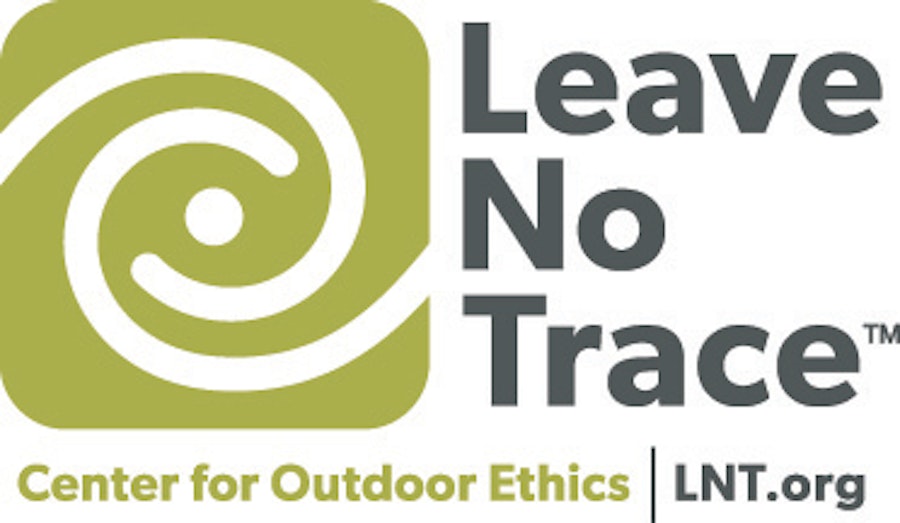Wilderness In The Workplace: 5 Ways Exploring Can Make You Better At Your Job
Ditch the leadership training in stuffy offices. Step outside and discover what the wilderness can do for your career.

Before moving to work in San Francisco, I worked as a guide in Desolation Wilderness in South Lake Tahoe. I worked at a camp on Fallen Leaf Lake where alumni from Stanford University would bring their entire families and I would take the adults on trips in what has become my favorite place on earth, Desolation. After working there for three summers, I realized how many of the skills I developed in this wilderness area were invaluable in the workplace. Ditch the leadership training in stuffy offices. Step outside and discover what the wilderness can do for your career.
1. Decision Making and Crisis Management
From sweltering heat to raging backcountry storms, the wilderness can be an unpredictable and sometimes brutal place. There usually is little cellular service and you can sometimes find yourself miles to the nearest road. Spending time in the wilderness can teach you how to make rapid and effective decisions in an unforgiving environment where you may not have all the supplies or information you need. In the work place, it is not uncommon to find yourself making decisions with limited or incomplete information on a short notice. Being exposed to a wilderness environment where the decision could be one of life or death, will improve your ability to improvise, remain calm and make fast and accurate decisions.
2. Perception
One can develop perception in the wilderness from observing the natural environment as well as those you hike with. While traveling in the wilderness, it is crucial to be in tune with your surroundings. From monitoring the weather to scanning for possible routes, all of your senses are on full throttle while exploring a new area. Like many of these traits, perception is something that can be trained and exploration is a perfect way to develop it.
3. Resilience and Self Reliance
We have all been there before: lost, confused, starving, frostbitten, dehydrated, bruised and battered. The wilderness can truly be an unforgiving place. However, if you are reading this it means that you didn’t give up. You pushed through whatever adversity you were dealt and came out a stronger and more resilient person. In the workplace, we all have experienced being lost or crushed on a project or assignment. Spending time in the wilderness helps you develop the ability to adapt and bounce back from failures or deal with workplace stress.
4. Planning and Preparedness
Whether it’s a multi-day summit attempt or just a day hike, having a plan and being prepared is the most important part of any type of wilderness exploration. From weather forecasting to deciding what gear and food to bring, wilderness trip planning can help make you an expert at planning any type of project, event, or even your day-to-day work schedule. Treat every task at work like you are planning for an adventure. Know where you are going, what you are doing, what needs to be done under what conditions and what your teammates or coworkers expect. Being organized can also help free up time in your work schedule so you can maximize your time adventuring when you are not working.
5. Communication, Teamwork and Relationship Management
There is no better environment to practice leadership and relationship management than exploring the wilderness. Understanding how to effectively navigate group dynamics in the wilderness or workplace is absolutely critical to achieving a successful outcome for your undertaking. An adventure is made up of hundreds of separate micro-decisions that each can affect the dynamic of the group. Because everyone has a different skill set, this affords you the opportunity to learn how to divide responsibility effectively throughout a team. It also puts you in a position where someone who is used to leading isn’t or vice versa, which can be a very helpful exercise to apply your career. For example, the managing director of my firm was actually on one of my guided trips and having the experience of leading her has made our communication and relationship very strong in the workplace.
Perhaps most importantly, the wilderness is a very intimate place. All decisions are made face to face. There is no email or texting to dodge confrontation. It forces you to develop better interpersonal skills that can be invaluable in the workplace. If you are a manager of a team, it might not be the worst idea to have your next team building exercise be on a hike!
Ready to take the skills you've learned outside to the workplace? Find your dream job and get to work.
Please respect the places you find on The Outbound.
Always practice Leave No Trace ethics on your adventures. Be aware of local regulations and don't damage these amazing places for the sake of a photograph. Learn More
We want to acknowledge and thank the past, present, and future generations of all Native Nations and Indigenous Peoples whose ancestral lands we travel, explore, and play on. Always practice Leave No Trace ethics on your adventures and follow local regulations. Please explore responsibly!
Do you love the outdoors?
Yep, us too. That's why we send you the best local adventures, stories, and expert advice, right to your inbox.















